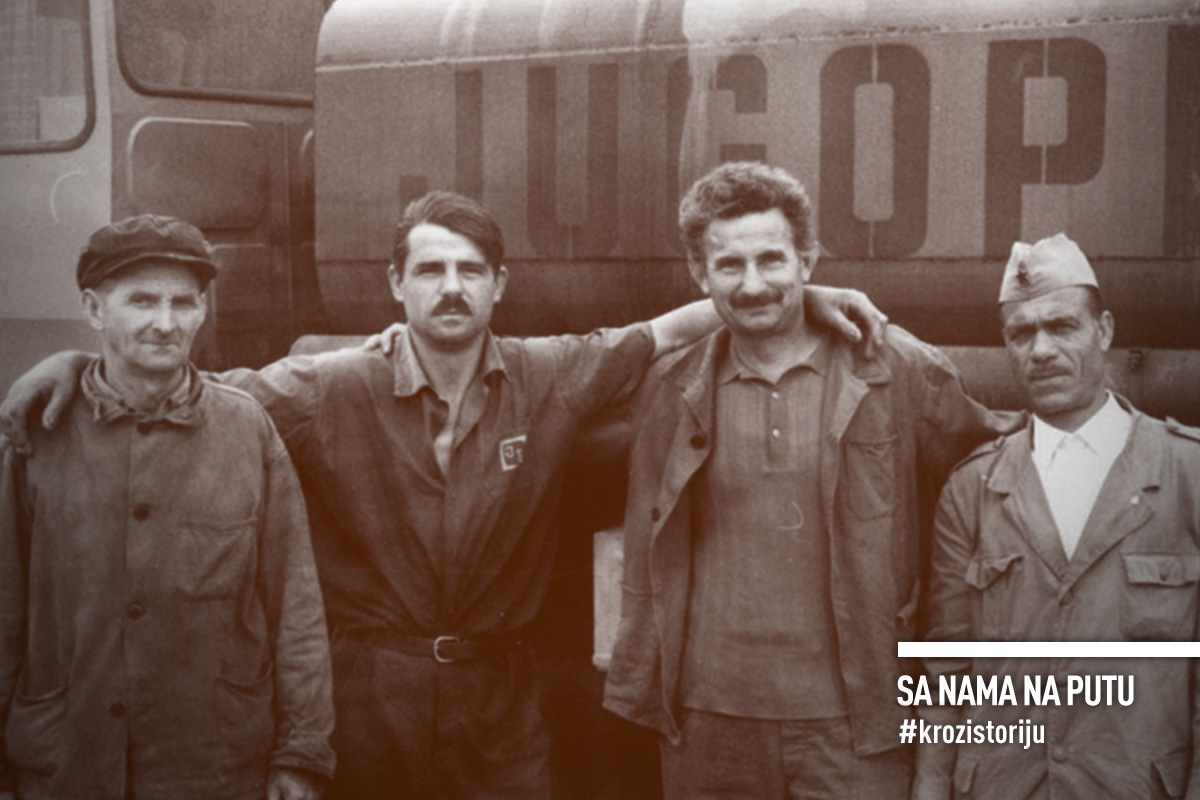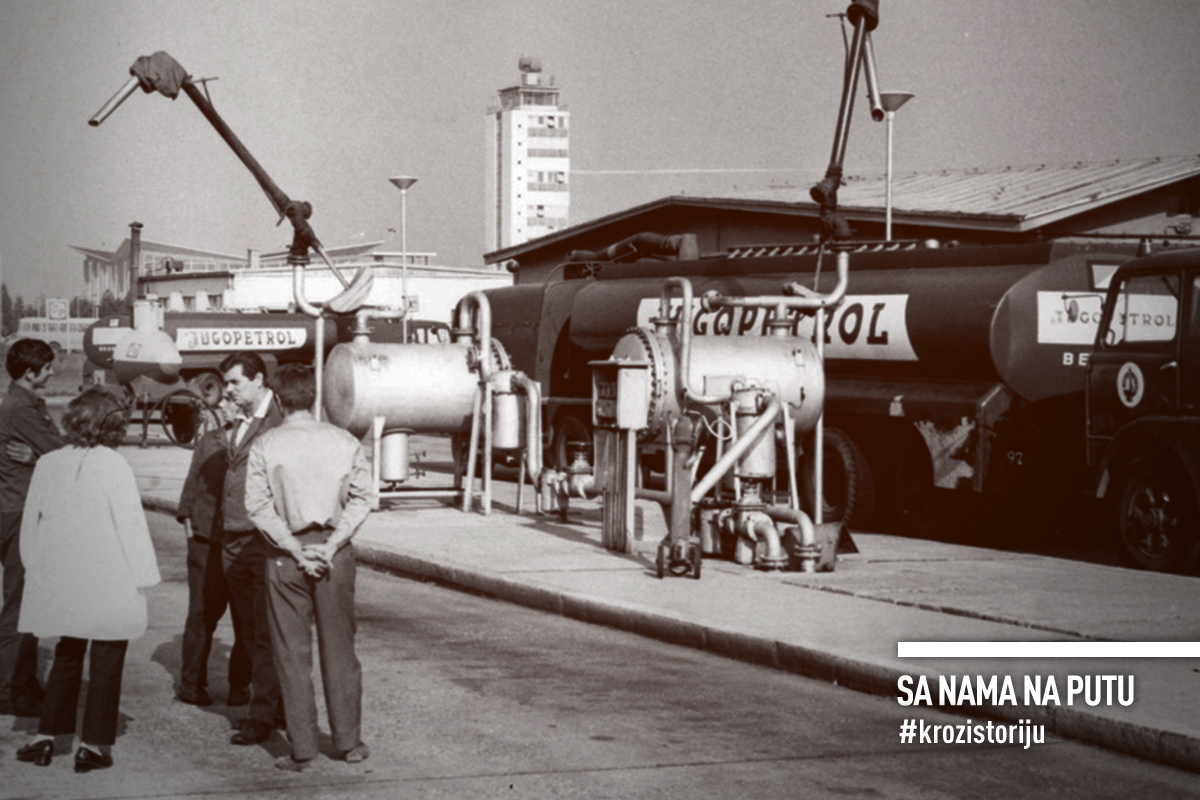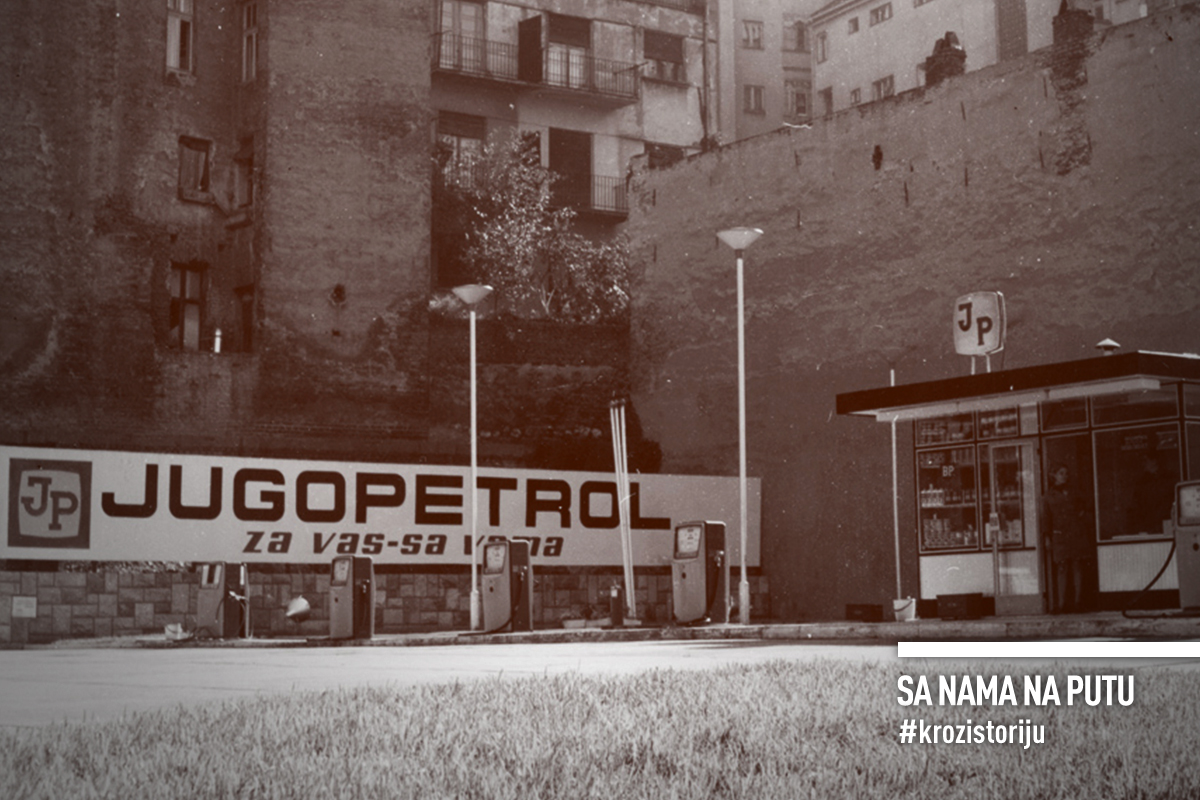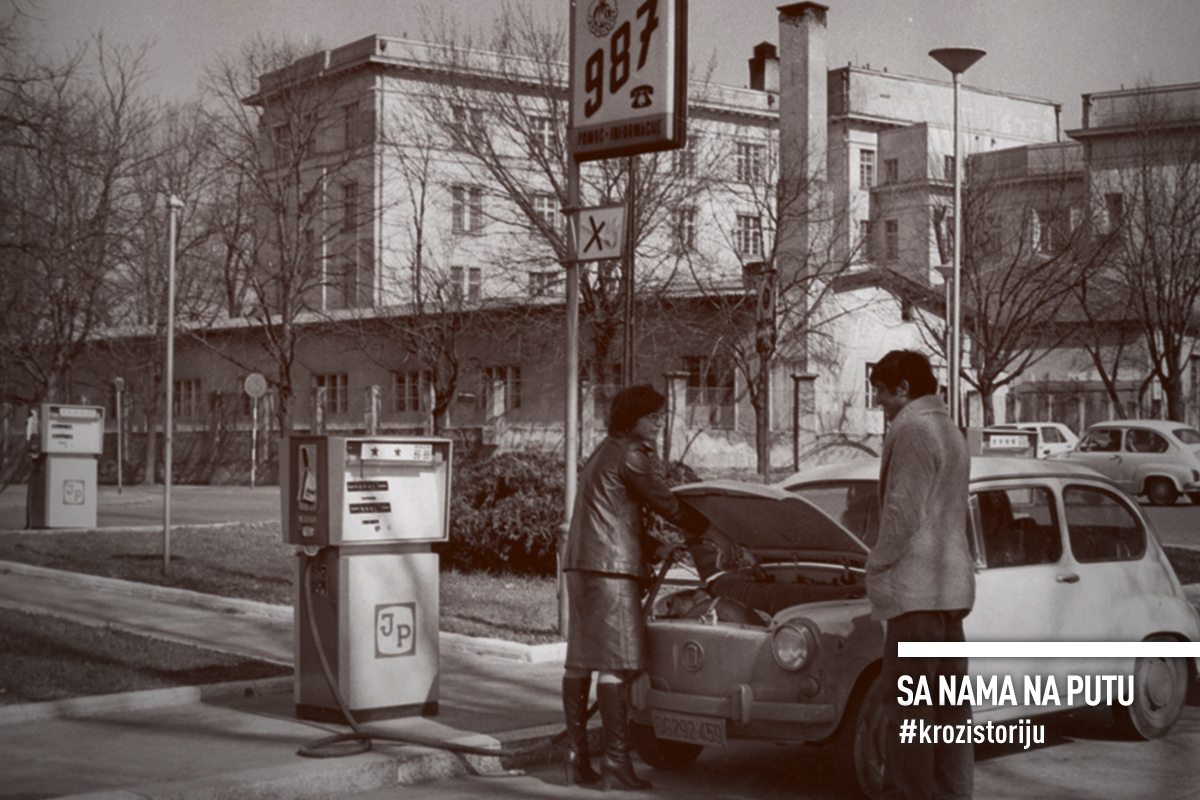It was known back in ancient times that there was oil and gas in Serbia. However, before the Second World War, research was sporadic, unsystematic, and in most cases – unsuccessful. This picture slowly began to change in 1945, when the country started making more significant investments in the development of this industry, and especially after 1949, when the Oil Exploration and Production Company, the forerunner of one of the most important and longest-lasting companies in Serbia – Naftna Industrija Srbije, or the well-known NIS, started operating.

The short history of the long search
Back at the end of the 18th century, the first oil occurrences registered in the western part of the Pannonian Basin led researchers to the conclusion that similar reserves could be found in the territory of Vojvodina. As the area was part of the Austro-Hungarian monarchy at that time, it was researchers from that country who, during the 19th century, first started exploring, especially in Banat, but they did not have much success.
The vast plain intersected by rivers and with land that is often flooded did not provide special conditions for work, so the territory of Vojvodina was marked as oil-bearing in Austro-Hungarian books more in theory than in practice.
Even after 1918, when that territory became part of Serbia, the situation did not change much. During the 1930s, there were attempts to discover oil and gas in our country, but the results were poor. Research and works were expensive, and the state did not consider them particularly cost-effective. On the other hand, foreign capital was not interested in such projects either, because neighbouring Romania had already had refineries and a sales network.

That is why, despite the reasonable assumption that there is oil and gas in Banat, more serious investigations of that area began rather late. Interestingly, the first geological research in Banat was carried out by Germans in 1942, during the Second World War, in the area of Velika Greda-Lokve-Janošik. Initial measurements were made by experts from the company “Seizmos” from Hanover, and exploratory drilling with specialized teams was also organized.
The war situation did not allow this research to go far. For the same reason, there is not much data on it, so the real works on oil exploration and exploitation in Vojvodina were systematically and seriously initiated only after the liberation.

New businesses and new ideas
In addition to freedom, the end of the Second World War also brought a change in the entire social system, so the mid-1940s also featured the establishment of a large number of new institutions that were crucial for the development of the oil industry in Serbia.
Already at the beginning of 1945, within the Federal Government of Democratic Federal Yugoslavia, the Ministry of Mining was formed, which included the Department of Oil, Salt, and Gas. In the same year, the first domestic company for sales and distribution of oil and petroleum products was established – Petroleum Company of General State Importance Jugopetrol, which was called Trading Company for Sales and Distribution of Oil and Petroleum Products Jugopetrol Belgrade since 1947. Two years later, the Oil Exploration and Production Company began operating, with the primary task of discovering “black gold” in the eastern part of the Pannonian Basin, which was called “Naftagas” since 1952.
In those first days, it worked under challenging conditions. In the war-torn country, a small number of drilling rigs operated, and there were no necessary geophysical devices nor trained personnel.
However, this also slowly changed. The financial situation became more stable. As early as 1949, so-called “shallow” drilling was replaced by exploration at depths of more than a thousand meters, and as the state began to allocate significant funds for staff training, young experts from the mining and geological field began to come to the newly established companies.

The day when oil started running
Together with the new staff, the first results came. Only five months after the establishment of the Oil Exploration and Production Company, on 13 July 1949, the first natural gas reservoir in Serbia was discovered at the well Vg-002, on the territory of the settlement Velika Greda, in the municipality of Plandište in the South Banat District. Production began three years later.
However, the pinnacle of those first days of operating of companies whose heritage is today continued by Naftna Industrija Srbije, or well-known NIS, was the discovery of the first oil field in Serbia! On 17 November 1952, oil started running from the Je-001 well near Jermenovci in Banat, not far from the previously discovered gas reservoir.
Oil exploitation in this field began four years after its discovery, in 1956, and has continued to this day. Together with the efforts of the pioneers of the Serbian oil industry, their achievements also grew – in just three years, production increased from 7,350 tonnes to about 84,000 tonnes.
All this gave an additional “kick” to the development of the oil industry in Serbia. Funds were obtained for further research and development of the company. The enthusiasm of the employees was enormous, and we should not forget the fact that the primary workforce in the field consisted of men from nearby villages who gained experience there that they could later pass on to others.
Thus, the search for “black gold” in Serbia, in addition to adventure, has also become an amazing school of life. Many of its first “students” went on to become some of the greatest domestic experts in the field of oil and gas exploration and production, and they continue to pass on their knowledge to new generations.
To be continued…
Author of the text: Aleksandra Bogdanović “Istorijski Zabavnik“

